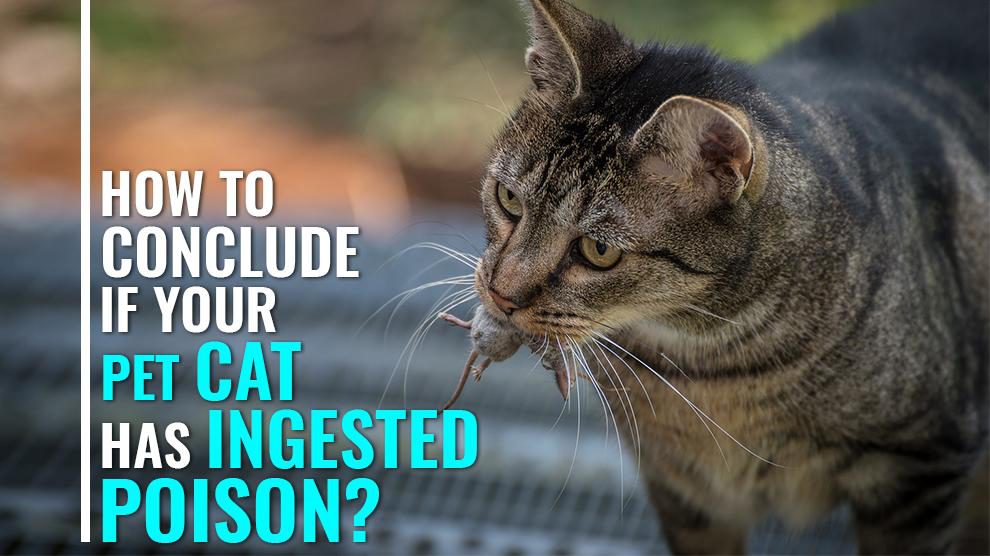Cats are always careful and alert about what they consume. Not like dogs, cats are less likely to eat something toxic.
It could happen if your cat kills and eats a poisoned mouse for instance.
As per reports, cats are more prone to consume rat poison than other toxic chemicals.
Depending on the amount of rat poison the cat has consumed, the side effects will vary. This can cause internal bleeding. Other signs include visible mucous membranes.
Never try to force your cat to vomit with vegetable oil or milk without consulting a vet. This could cause suffocation.
Rat Poison Ingestion
Most rat poisons are made up of anticoagulants. These chemicals will prevent the blood from clotting by blocking vitamin K. Vitamin K is the main factor in the blood clotting process.
When ingested in enough amounts by your pet cat, it can cause external bleeding, internal bleeding, or both.
If left unattended, this could even cause anything fatal for your feline.
Signs Of Rat Poison Ingestion
Normally, it takes around 3 to 5 days for these signs to appear-
- Blood accumulation in your cat’s abdomen
- Blood accumulation in your cat’s chest
- Depression, gait, staggering, or weakness
- Severe bleeding from the ears, eyes, rectum, nose, and gums
- Blood in feces, urine, or vomit
- Pale gums
- Bruising
Main Reason
Cats can eat rat ingested with poison or by eating rodenticide on the ground. Some of the common forms of rodenticides include bromadiolone, brodifacoum, and warfarin.
Immediate Care
- Call your nearest vet or the 1-855-213-6680 (Pet Poison Helpline) if you find signs that your pet is bleeding
- Bring the poison box or label with you to the vet
Diagnosis And Treatment
Your vet will perform certain tests to confirm whether it takes longer to clot. If necessary, he will do more tests.
Activated charcoal will be given within the first 12 hours after poisoning. Some vets prescribe vitamin K tablets or injection as the case may be.











